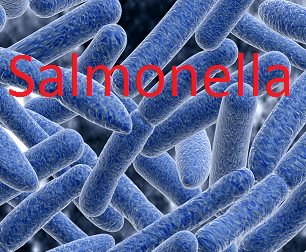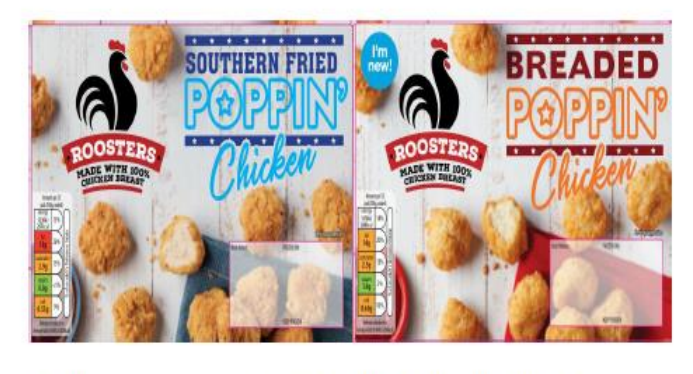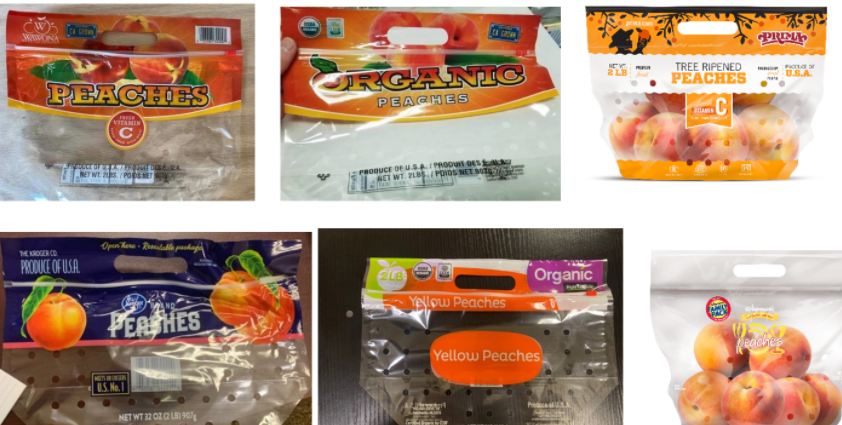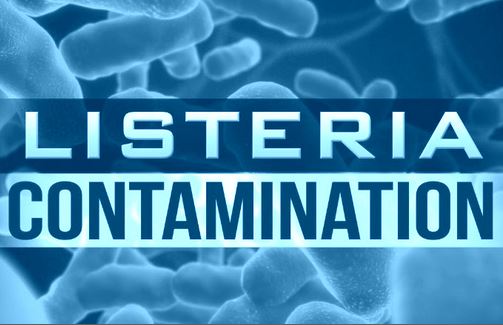The pathogen reduction and hazard analysis and critical control point (PR-HACCP) regulation program was implemented by the Food Safety and Inspection Service (FSIS) in 1996 to reduce microbial contamination on meat, poultry, and egg products. As the program begins its third decade, the question is whether there have been reductions in the frequency of pathogen-contaminated meat and poultry products reaching consumers. The study summarizes the results for >650,000 samples collected by FSIS between 2000 and 2018 in slaughter and processing establishments across the US. It compares these results to the roughly 100,000 retail samples collected by the FDA between 2002 and 2017. The data shows an overall reduction in the occurrence of Salmonella on meat and poultry products. Still, the direction and magnitude of change have not been consistent over time or across commodities. The study could not attribute any change in Salmonella contamination to the implementation of the PR-HACCP program. @ https://meridian.allenpress.com/jfp/article/83/10/1707/435362/Changes-in-Salmonella-Contamination-in-Meat-and




